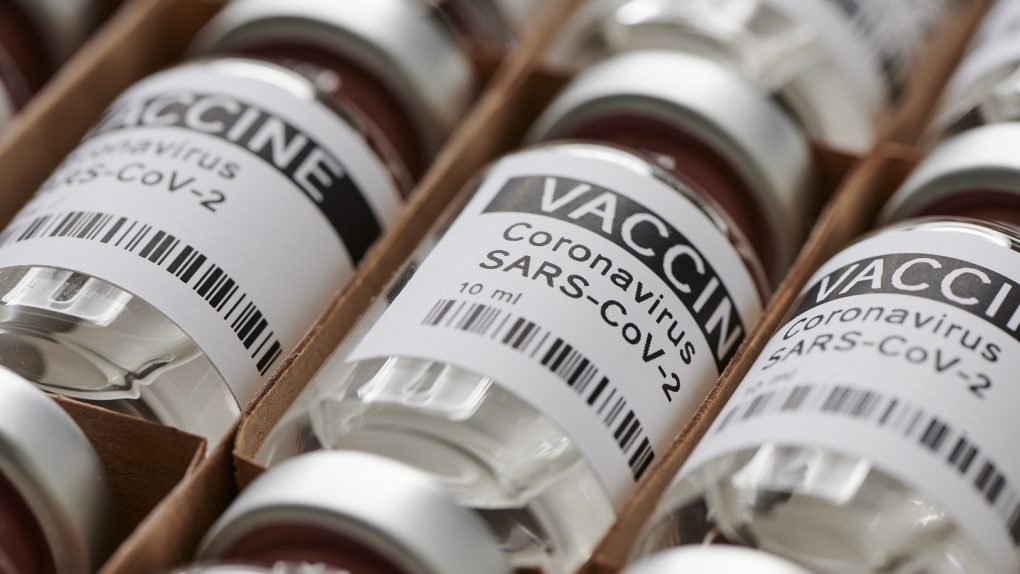Health officials involved in coronavirus vaccine clinical trials said that the drugs weren’t designed to stop the spread of COVID-19. The goal was to prevent severe COVID-19 cases and deaths. Preventing infection would be a welcome side effect. That meant vaccinated individuals could potentially still get infected, and they could still infect others, even though they might not experience the illness themselves. When the first results rolled out, we learned the vaccine candidates were highly effective at reducing the risk of severe disease and preventing deaths. The studies were not able to prove that the vaccine could prevent infection.
Nearly three months later, on the anniversary of the coronavirus pandemic, Pfizer and BioNTech released the conclusions of a new study that says their mRNA drug is actually highly effective at preventing COVID-19 transmission.
Pfizer and BioNTech partnered with Israel’s Ministry of Health (MoH) on the new study, announcing “real-world evidence demonstrating dramatically lower incidence rates of COVID-19 disease in individuals fully vaccinated” with the BNT162b2 drug. The Pfizer/BioNTech drug was 95% effective in the clinical trial.
The new data shows that the vaccine is at least 97% effective in preventing symptomatic disease, severe COVID-19, hospitalizations, and death two weeks after the second dose. Israel MoH collected data from vaccinated people between January 17th and March 6th, 2021, and shared de-identified information with Pfizer and BioNTech for analysis.
The study also shows that the vaccine was 94% effective in stopping asymptomatic infections.
“The findings which suggest that the vaccine may also provide protection against asymptomatic SARS-CoV-2 infections are particularly meaningful as we look to disrupt the spread of the virus around the globe,” Pfizer Senior Vice President and Chief Medical Officer Luis Jodar said in a statement.
“These findings are also important, as the data were generated at a time when the SARS-CoV-2 variant B.1.1.7 was the dominant strain,” BioNTech co-founder and CEO Dr. Uğur Şahin added.
According to MoH data, more than 80% of Israel’s specimens turned out to be B.1.1.7, the UK mutation that’s more infectious than its precursors. The two companies said the new analysis could not provide information on effectiveness against the South African B.1.351 mutation. The number of infections with this variant was limited in the country.
Israel released several other studies that showed the Pfizer/BioNTech vaccine is highly effective. One of them included 1.2 million people, half of which got the full two-dose vaccine treatment. The other study showed that less than 3% of all seriously ill coronavirus patients in the country had been fully vaccinated.
As of March 10th, Israel administered more than 9.07 million doses. Over 58.6% of the population received at least one vaccine dose or 5.07 million people. Over 46% of Israel’s citizens received both doses. Unlike other countries that use a combination of vaccines, Israel has only employed the Pfizer/BioNTech drug so far.
The detailed findings of the new study have been submitted for review to be published in a journal.








